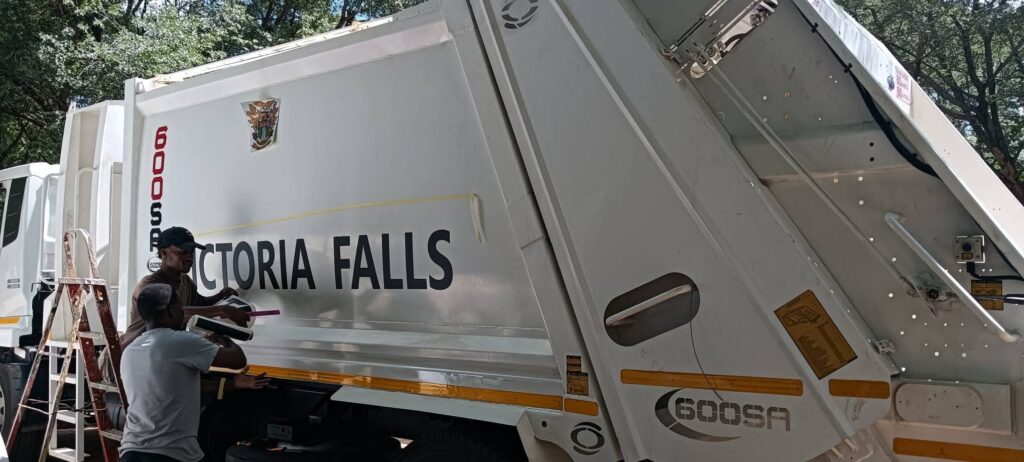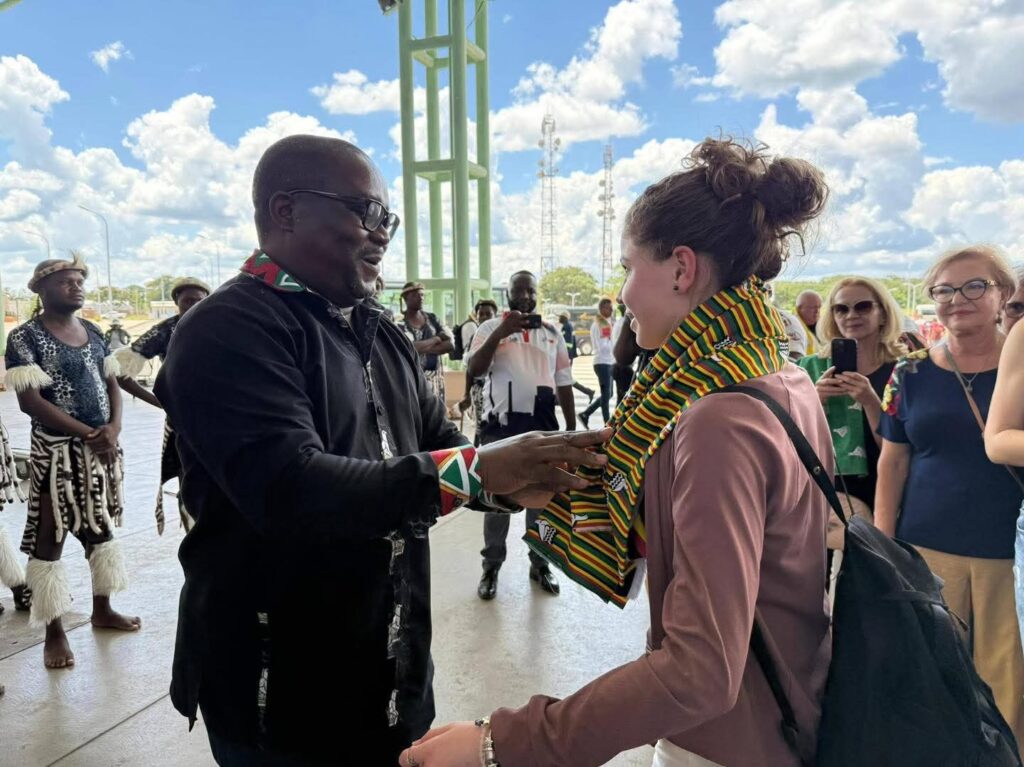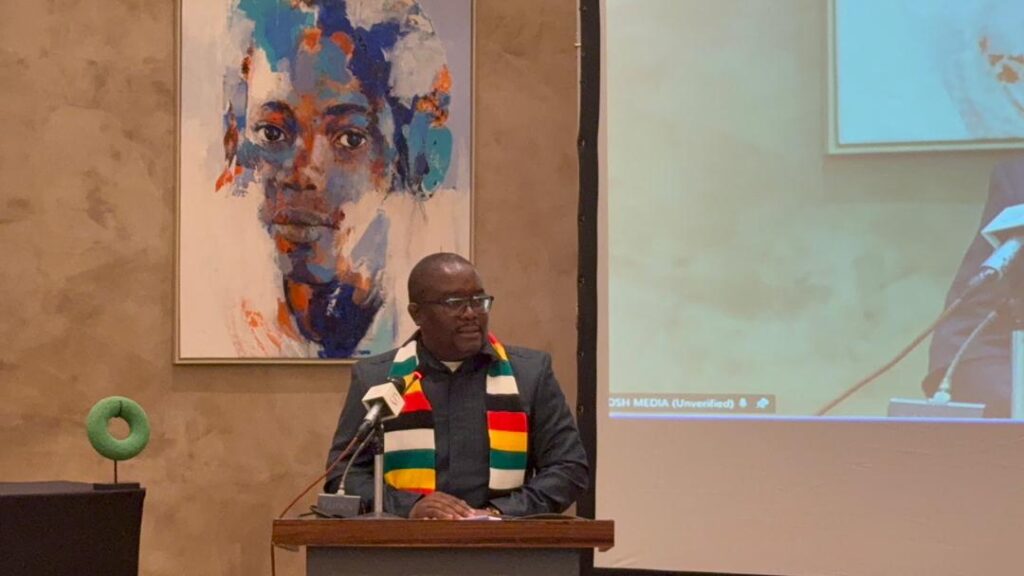World Bank Official Urges Joint Action to Unlock Tourism and Trade Potential for Zambia and Zimbabwe
Written by Staff Reporter on November 19, 2025
Livingstone, Zambia – A senior World Bank official has called for Zambia and Zimbabwe to deepen their collaboration by harmonizing visa policies and tackling non-tariff barriers, to fully harness the immense potential of their tourism and trade sectors.
The call was made by Mr. Nathan Belete, the World Bank Division Director for Malawi, Tanzania, Zambia, and Zimbabwe, during his keynote address at the Zambia-Zimbabwe Tourism and Trade Facilitation Meeting held at the Radisson Blu in Livingstone on Tuesday.
Highlighting the two nations as “twins,” Belete commended the leadership of both countries for their remarkable collaboration on key reforms. He emphasized that the tourism sector is a vital engine for creating inclusive growth and the “more and better jobs” essential for the region’s growing working-age population.
“The World Bank Group is putting job creation at the heart of everything we do because jobs are the surest path out of poverty,” Belete stated. He particularly highlighted the sector’s role in empowering women and youth, who hold a significant share of tourism employment.
The sector has demonstrated strong resilience, rebounding from the COVID-19 pandemic with international arrivals reaching about 1.6 million in Zimbabwe and 2.2 million in Zambia in 2024. Trade between the two nations has also flourished, totaling $460 million in the same year.
Belete pointed to the recent signing of two Memoranda of Understanding in September 2025 as a promising new chapter, which includes the establishment of a bilateral commission and the launch of the Zambia-Zimbabwe Oil and Gas Pipeline (ZIZOP) project to enhance energy security.
However, the World Bank director warned that persistent challenges threaten to stifle this progress. He identified non-tariff barriers such as complex border procedures, overlapping requirements, and inconsistent visa policies as major hindrances to the efficient movement of people and goods.
“Congestion at key crossings like Victoria Falls and Kazungula increases costs and reduces the competitiveness of the Livingstone-Victoria Falls border as a trade and tourism hub,” Belete said. He also cited infrastructure gaps, including limited access roads and unreliable power, as factors restricting investment and visitor stays.
To overcome these hurdles, Belete proposed several solutions, including:
- Harmonizing Visa Regimes:Expanding the KAZA UniVisa to simplify entry for international tourists.
- Joint Marketing:Promoting shared attractions like the Victoria Falls collectively to attract more visitors.
- Boosting Local Linkages:Strengthening connections between the tourism sector and local Micro, Small, and Medium-sized Enterprises (MSMEs), agricultural suppliers, and creative industries to ensure local communities benefit more.
He cited successful examples, such as women-led tourism enterprises in Livingstone and community craft cooperatives near Victoria Falls, as models that should be encouraged and scaled up.
In his concluding remarks, Belete reaffirmed the World Bank’s “steadfast support” to both governments through ongoing lending and advisory services.
“Together, we can create a more prosperous and inclusive future for the citizens of Zimbabwe, Zambia, and the entire region,” he said.
The meeting is attended by Zambia’s Minister of Tourism, Hon. Rodney Sikumba, and Zimbabwe’s Deputy Minister of Tourism and Hospitality, Hon. Tongai Mnangagwa, alongside other senior government officials and stakeholders.






 Breeze FM
Breeze FM